
Mauritania is a very unusual place for anyone to want to go. Unless you have a distinctive interest in remote desert iron ore repositories, the infamous Nouadhibou shipwreck graveyard (actually the most interesting thing in Mauritania), driving across the length of Africa using the traditional 'S route' (now extremely dangerous due to conflict in the Central African Republic) or the world's strangest beach holiday, there is really nothing for you here.
Most travellers arrive by land from the contested territory of Western Sahara, claimed by Morocco but partitioned by a giant sand wall into Moroccan-controlled territory (the beachside west) and that controlled by the Polisario Front (a series of refugee camps in the desert loosely supported by Algeria). Entry to Western Sahara from Morocco is unproblematic if a long drive on blazing hot weather.
From the capital of Western Sahara, Layoune, you travel in armed convoy down the coast to the southernmost town in Western Sahara, Ad-Dakhla. From there it is a short (five to six hour) drive to Nouadhibou, Mauritania's northernmost settlement which sits at the end of a peninsula. That is where you will see the ship graveyard with an extraordinary 300 or so shipwrecked vessels just left to rust in the desert sun.

It says a great deal that the most reliable regional map is the following, from the French colonial period in the 1950's. Nouadhibou was then known as Cap Blanc.

1958 map, showing what was then called Cap Blanc, divided between Spain and France.
Nouadhibou is a commercial centre of sorts, being the place where the iron ore from inland Mauritania in the Sahara Desert is transported to so that it may be placed on vessels and sold worldwide. Nouadhibou has a population of approximately 140,000 and a reasonable selection of clean and decent hotels. Nouadhibou is a perfectly fine place to hang around, although it is rather boring once you have seen the ship graveyard. It is the centre of all sorts of unusual activities,such as lethal human trafficking in small unseaworthy vessels to the Canary Islands (many of them sink) and trade in meteorite stones that have fallen in the Sahara. Plus of course it is the terminus of one of the most bizarre railway journeys in the world, the Nouadhibou desert railway to Zouerat, approximately 700km. These are the longest trains in the world, at approximately 3km each, each pulled by up to four enormous diesel engines.
The train departs infrequently and takes approximately 20 hours on a good day. Passengers have to sit atop open trucks full of iron ore in scorching heat. Here are some illustrations.


Nouadhibou railway station.

A passenger riding the train in one of the specially appointed passenger carriages.
Needless to say, on board catering facilities are somewhat limited on this service. Moreover at the end of the journey, all you will find a GlencoreXstrata mining complex. Still people do do this. They need their heads examining.
The drive to the Mauritanian capital Nouakchott is a good six to seven hours (although there are some horribly dangerous internal flights).
Everything is wrong with Nouakchott. A city of a million people, it is mostly slum accommodating people from the Interior. It is a centre for terrorism in the Sahel region (the band of the Sahara running east from Nouakchott that is a constant epicentre for Islamist insurgency). Slavery remains commonplace. There are some plausible hotels and restaurants. There is an implausible international airport. You can lie on the beach and watch enslaved fishermen go out to catch fish each day. There are few luxury facilities for the casual beach tourist. Be careful to avoid being kidnapped; do not walk around the city at night, nor down unpopulated streets. There is nothing but danger to detain you in Nouakchott.
Keep going south and you will reach Senegal and her most pleasant capital, Dhaka, one of Africa's most pleasant and agreeable cities. Get in and out of Mauritania as quickly as you can.

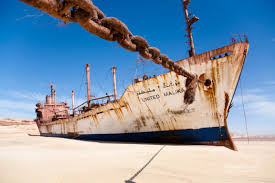
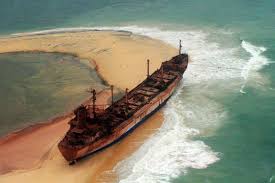
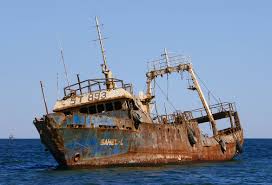
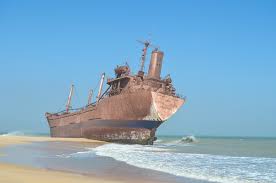


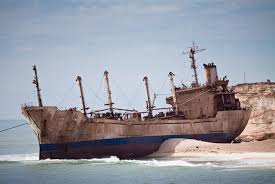
Comments